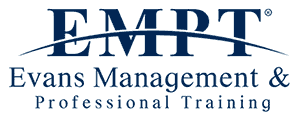 Reflective functioning is described by various researchers to involve both a self-reflective and interpersonal components in which an individual grasps the complex interplay between their own feelings and those of others.
Reflective functioning is described by various researchers to involve both a self-reflective and interpersonal components in which an individual grasps the complex interplay between their own feelings and those of others.
One way of trainers/teachers manifesting the characteristics of reflective thinking is through models of training and/or teaching delivery. For health and social care training it is important to give social care workers working in settings such as foster care and other residential child care, the opportunity to reflect upon the internal experience of the children they are caring for .
The training, support and development standards (5.1 a-c, 5.2 a, 5.3 a-c, 5.4 a-c) covers some basic foster care practising standards around promoting attachments and stages of development. Adoption & fostering quarterly journal by BAAF (Volume 9, 2 July 2015: 145-158 explores reflective functioning in foster carers using the Parent Development Interview.
